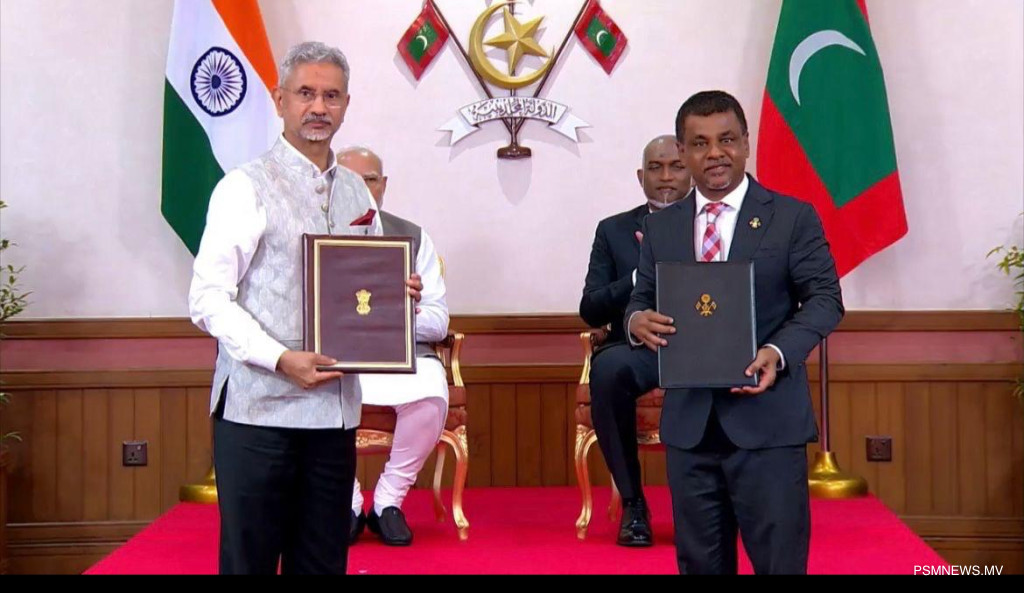
The Maldives and India have formalised a bilateral agreement to elevate pharmaceutical standards and streamline regulatory protocols across the island nation, signalling a concerted push toward regional healthcare integration.
The Memorandum of Understanding (MoU) on Pharmacopoeia cooperation was exchanged during the official visit of Indian Prime Minister Narendra Modi, who arrived in Malé on Friday morning at the invitation of President Dr Mohamed Muizzu. Representing their respective governments, the accord was exchanged by Maldives' Minister of Health Abdulla Nazim Ibrahim and India's Minister of External Affairs, Subrahmanyam Jaishankar.
Health ministry officials in Malé have confirmed that the agreement designates the Indian Pharmacopoeia as the official reference framework for assessing medicines, both those manufactured within the country and those imported from abroad. By aligning pharmaceutical evaluation with Indian standards, authorities aim to strengthen regulatory rigour while broadening access to quality-assured treatments.
One provision under the agreement permits the direct acceptance of Certificates of Analysis (CoA) issued by Indian manufacturers, removing the requirement for secondary testing in Maldivian laboratories. Regulatory pathways are expected to be expedited under this mechanism, enhancing efficiency without compromising safety, according to the ministry.
The accord also introduces access to specialised analytical resources, including Indian Pharmacopoeia Reference Standards and Impurity Standards (IPRS), which the Maldives will be able to obtain at reduced rates. These resources, the ministry noted, serve as technical benchmarks in medicine validation, reinforcing efforts to sustain high-quality pharmaceutical oversight.
The partnership is expected to reshape the country's pharmaceutical sector, according to the health ministry. By reducing dependency on foreign supply chains and easing production constraints, the initiative is projected to catalyse growth in local manufacturing, particularly within the generic drug segment. The ministry added that broader access to affordable medication stands to benefit as a result.
The agreement has also been characterised by ministry officials as a strategic lever in advancing national healthcare infrastructure. With regulatory burdens easing and supply reliability improving, the ministry anticipates that the accord will support sustained progress in both public health outcomes and institutional capacity.
